In 2016 it was revealed that the Treasury would match the existing CAP funding, currently made via the EU’s Common Agricultural Policy (CAP) until 2020. Under the Conservative Election Manifesto, this was extended to 2022. Subject to consultation it has been further extended by Mr Gove to 2024.
The UK Government now says it wants to end “unjust” landowner subsidies after Britain leaves the EU. That was the top headline for most newsstands which covered UK environment secretary Michael Gove’s speech to the Oxford Farming Conference earlier this week (Thursday 4th January 2018).
The environment secretary argued that the status quo “doesn’t really reward efficiency”, and that subsidies paid to landowners are “fundamentally flawed” because they divert money from the public purse to some of the UK’s wealthiest landowners.
The current subsidy system under the CAP – based on the amount of land farmers own – is worth around £3bn a year to UK farmers. The Government had already pledged to maintain the £3bn per annum subsidies until at least 2022, but now Mr Gove says it will continue until 2024, with a final payment date subject to consultation.
So what are they saying is “new”?
Mr Gove has pledged to develop a national food policy, as well as agriculture policies, environment policies and economic policies which are shaped by the UK’s own specific interests rather than the EU’s. The UK is set to leave the CAP in March 2019, when the UK officially leaves the EU, but it is unclear what the terms of any transition period will be.
Any future farm subsidies will be dependent on farmers offering wider public benefits like putting in place measures to protect and enhance the environment.
Farmers will be rewarded for planting woodlands, creating habitats for wildlife, improving water quality and planting wildflower meadows. Improving public access to their land could also see farmers financially rewarded.
To many Welsh farmers, this approach may sound worryingly familiar and as such not necessarily “new”. It is also unclear what all of this may mean specifically for Welsh farmers at present.
To be continued. In the meantime, you can read a full transcript of Michael Gove’s Oxford Farming Conference speech here.


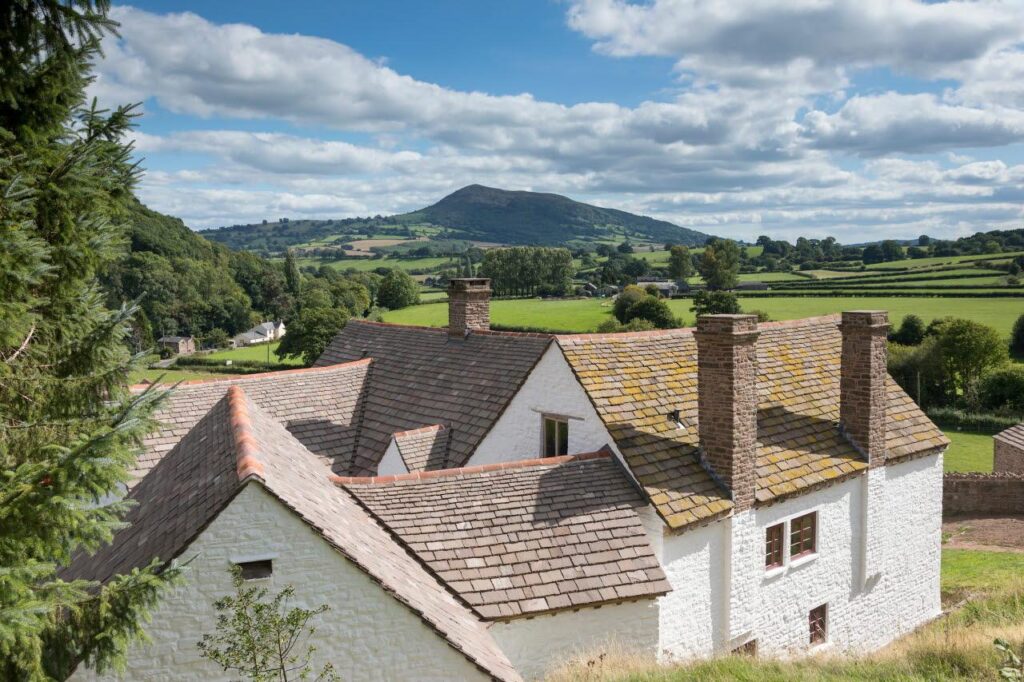
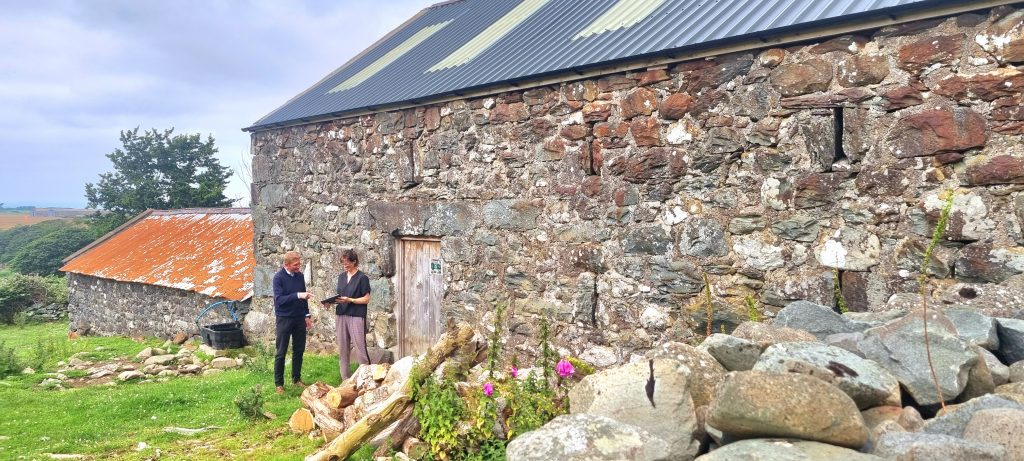
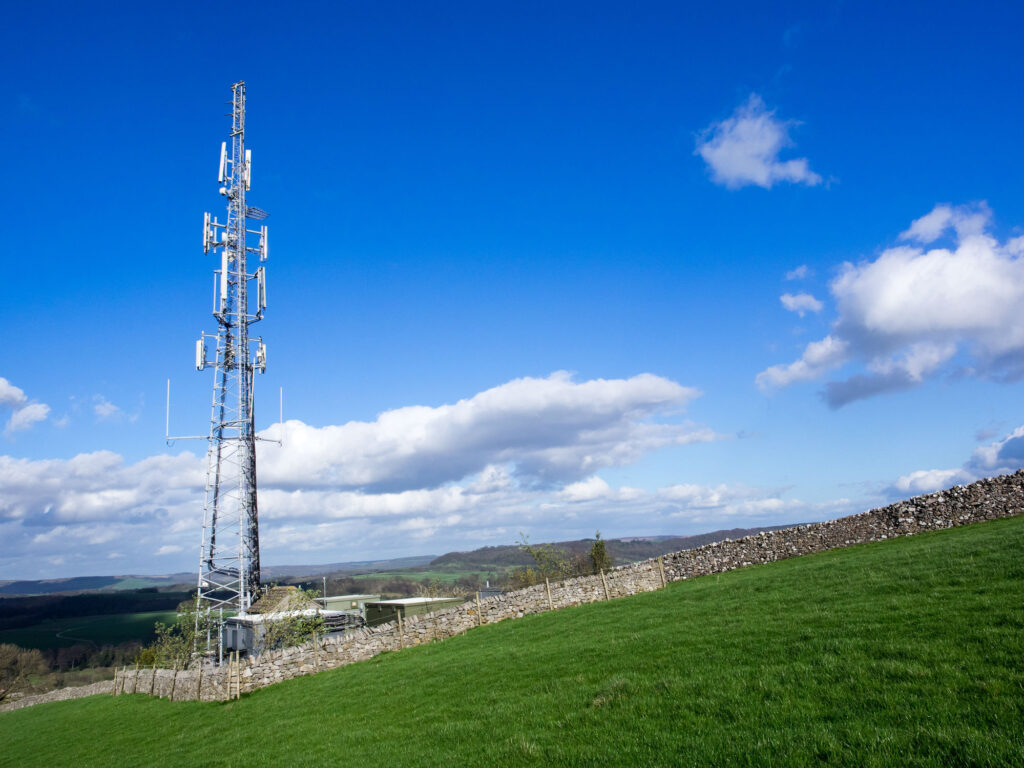
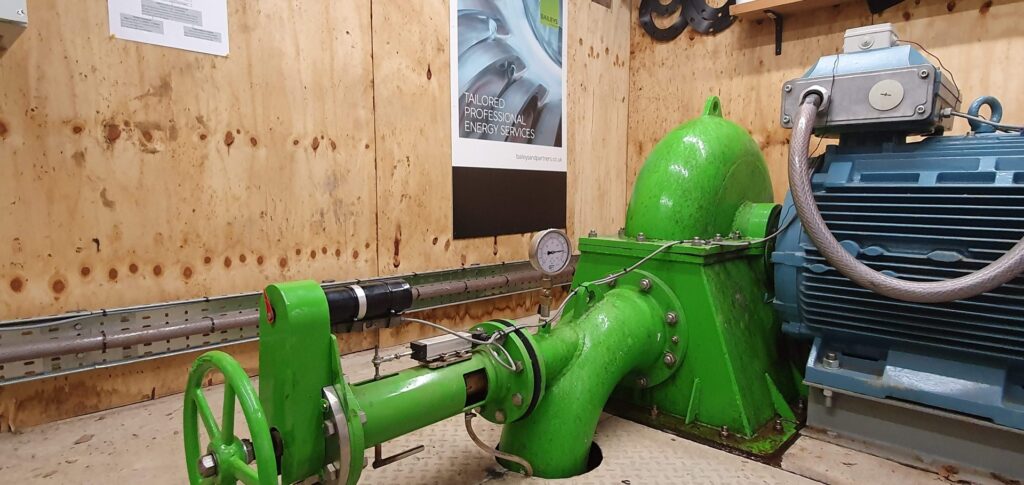
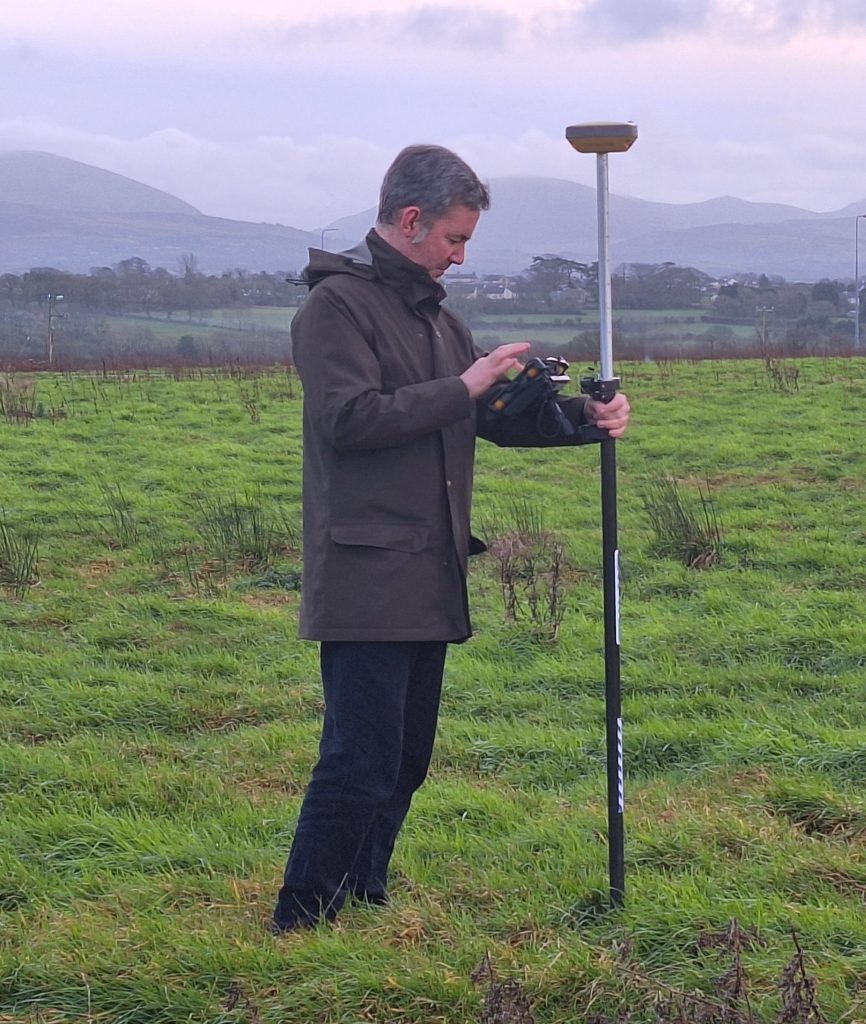
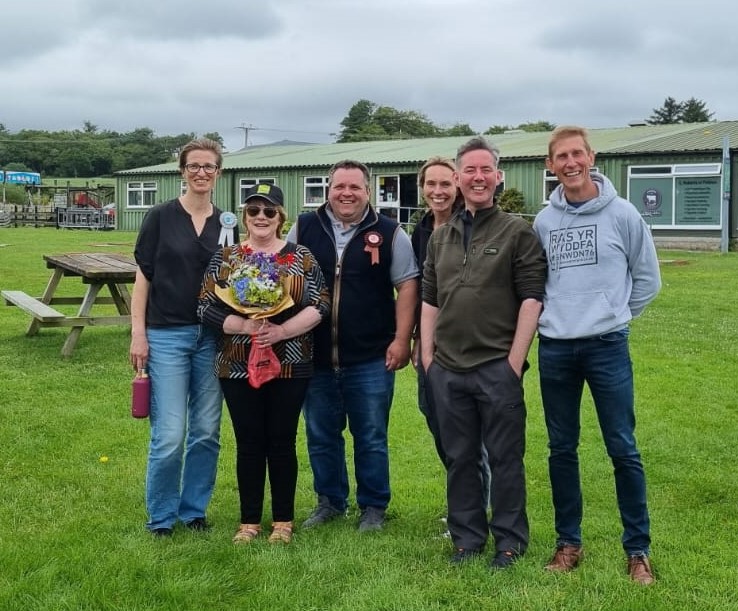
3 Comments. Leave new
Nearly 70% of land in Wales is under some sort of environmental protection now. As you say much of this is already being rewarded through such like schemes as Glastir. If the BPS is done away with though, a huge tranche of money will be lost to the countryside and this will have a massive impact on the rural economy, especially in the hills where the cost of production massively exceeds that of the kinder lowlands. The knock on effect for other associated businesses will be dire.
I agree that to pay BPS to utility and insurance companies who have invested in land for tax purposes is rather perverse. To use these and the larger estate owners to penalise the family farms is however totally unjust and will be very unwise in the long term.
It will be interesting to see what influence the Welsh government have on Mr Gove’s intentions.